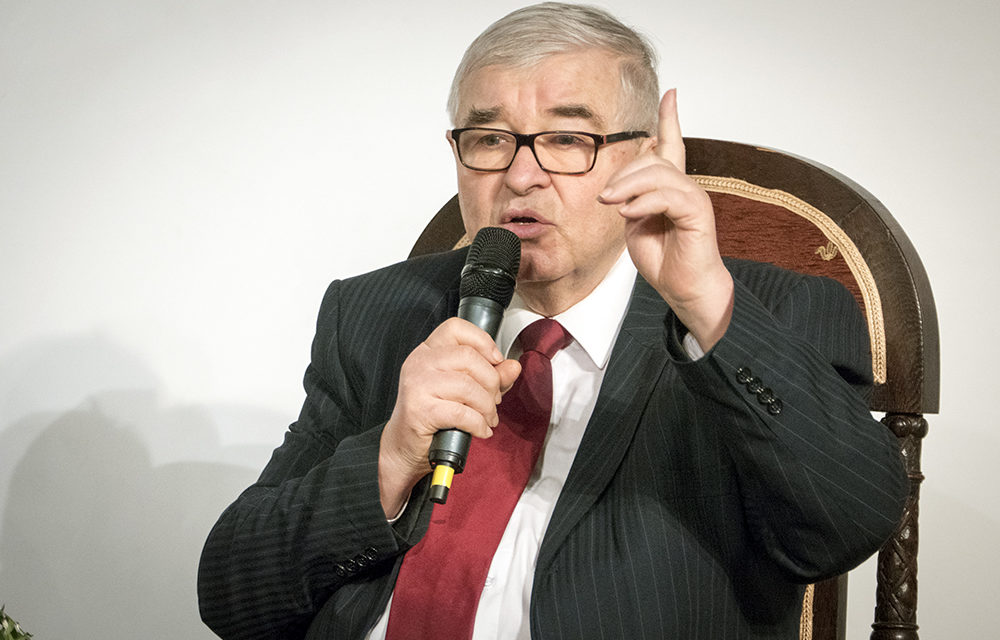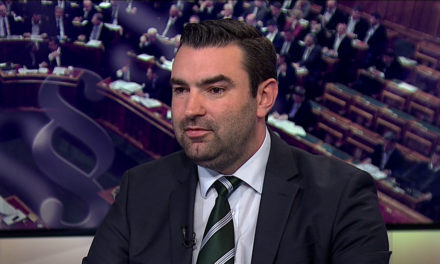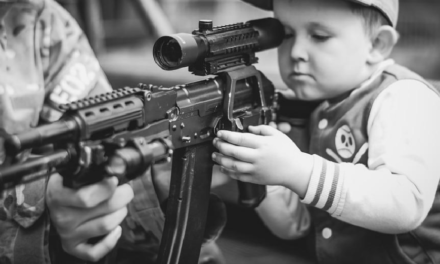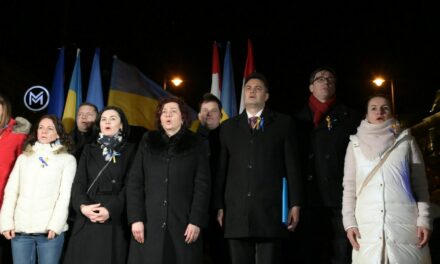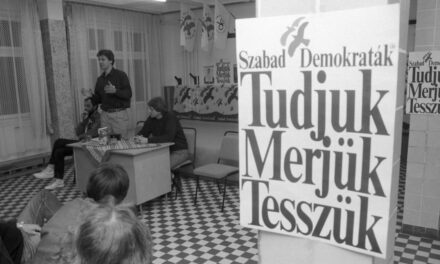Sanctions have nothing to do with the free market, they represent the economic part of warfare, so an economic world war has been going on for a long time.
Russia invaded Ukraine. If a state starts a war against another sovereign state, the act is classified as aggression. This is also how the UN interprets it, and it acted accordingly for the sake of world peace and security. The Security Council met, and the General Assembly also voted on the matter. However, the votes provided a surprising novelty. Most recently, when the Soviet Union entered Afghanistan, international public opinion, including the UN, was characterized by indignation and condemnation.
In the case of the Russian-Ukrainian war, the reception is much more nuanced. The meeting of the Security Council was requested by the Western parties, that is, the Association of States, the United Kingdom and France. These countries declared the Russians an aggressor, Russia raised a veto against this, and the fifth permanent member, China, cast an abstention vote. Among the ten non-permanent committee members elected for two years, India and the Emirates also abstained. There were also five dissenting votes and thirty-five abstentions in the General Assembly, including countries of enormous size and population. There was far from an international consensus in condemning the case as aggression. If we take the total population of the world as a basis, maybe not even a majority. A considerable part of the world treats Ukraine as co-responsible for the war.
In the matter, the West in the narrow sense came into sharp conflict with the countries that are not part of the West but are not a bloc. The UN polls also predicted the situation that the world will apply sanctions against Russia. The United States and the European Union have already done this, others have not. The vanguard of sanctions is the European Union. Regarding the war, on behalf of the West, NATO immediately declared that it would not be a part of the war, it would not send weapons or soldiers, but it condemned Russian aggression. Some of its member states, on the other hand, send weapons to the Ukrainian side based on their own decision. A typical proxy war is going on, in which the Ukrainian side is fighting the Russians for financial world power. The military power of the financial world power itself, NATO, on the other hand, officially stays away so that the world public does not see clearly that the financial world power is at war with the Russians.
Our country does not want to take part in this conflict with weapons or soldiers, nor does it allow anyone to transport weapons to Ukraine through our territory. With this, we clearly indicate our sterile neutrality in the matter of war. Wars have resulted in very diverse struggles in the past, and this is even more true today. The applied economic reprisals and sanctions are a non-armed but very important part of the war. The purpose of sanctions is to deprive the aggressor of the assets necessary for his acts of war, thus preventing him from achieving his goal. The sanctioning parties want to achieve this goal by restricting their economic and financial relations with Russia.
First of all, the supply of goods directly necessary for the continuation of the war will be reduced – or even completely stopped – but the sanctions will now extend to the civilian economy as well. Sanctions affect the financial sector particularly sensitively. Russian state currency reserves (about 350 billion euros) in Western banks have been frozen. Other punitive measures have deprived some Russian financial institutions of the possibility to receive or transfer money from abroad for their clients. Physical movements were also restricted by not allowing Russian means of transport to enter the territory of the states applying the sanctions (airports, ports).
The case of sanctions covering individuals and Russian private economic entities deserves a special mention. In the framework of these, entry bans covering persons were introduced, and personal and Russian company assets were seized. Sanctions have nothing to do with the free market, they represent the economic part of warfare, so an economic world war has been going on for a long time.
According to the current state, the potentially most effective sanction, the import of energy carriers (natural gas and oil) from Russia, was not included in the list of punitive measures, because its application would result in much greater and immediate damage to its users within days than to the sanctioned Russia itself. The United States is suspending oil imports, and out of sheer necessity, other countries have already come up with one of the "sanctions policy" correct trade solutions to circumvent the sanctions.
Absurdly, those who apply sanctions today are simultaneously racking their brains over new and new sanctions, and at the same time, how to mitigate or avoid unpleasant effects for both the applied and them. The fifties and sixties of the Cold War of the last century provide you with plenty of ideas. Even then, all closely guarded goods and secrets found their way to those from whom they were protected, including the knowledge of how to create a nuclear weapon.
Due to the sanctions, the sanctioned person cannot be isolated from the goods and services he needs, because a significant part of the world does not fall in line in the first place. They buy everything from the sanctioned Russians and sell everything to them. There is no doubt that the order of world trade disrupted by sanctions further strengthened the already dangerous inflationary trend, which started due to covid and did not have time to moderate until the war. Inflation on an unusual scale mostly affects those who live on wages, salaries and pensions, i.e. the middle class, but it favors commercial and financing capital structures that skilfully avoid sanctions.
However, beyond the unpleasant inflation, the current situation may have aspects that transform the order of the entire world economy even in the short term, and what's more, set the direction for the future new world order. First of all, let's take the attitude of the European Union to the conflict! The leadership of the union blindly believes in the power of sanctions and that Russia can be forced to its knees if the sanctions also extend to the import of energy carriers. Fortunately, several member states have so far resisted this madness. Still, the proposal comes up again and again.
Germany, the key player, behaves duplicitously in the case. While the coalition Greens continue to pursue their green energy fad, the Social Democrats are bowing to increasing pressure from industry and saying no to the boycott of energy imports with Austria and us. This could lead to a break in the German government and a domestic political crisis sooner rather than later. If European countries ultimately flee to much more expensive energy sources, their competitiveness against China and the United States will plummet.
But there is also a shock effect that is closer and occurs very quickly. Today, in the world economy's net grain trade, Ukraine and Russia have a decisive supply potential. All suppliers sell to the nearest receiving markets as possible, because shipping costs are high. The warring parties' grain market is the Mediterranean region. The usual buyers of the countries here are mainly wheat. Egypt's supply requires about 12-13 million tons of imports, and Algeria's needs are also six to seven million tons per year. Italy is also buying in order to meet pasta export needs.
Livestock farmers in the European Union buy corn because almost all of them produce less than they consume. The sunflower, of which Ukraine is the largest producer, cannot be neglected either. These vital products can hardly reach customers this year, because the possibility of traditional sea transport has ceased, and the capacity of rail and road transport is low. The lack of bread leads to huge tensions in the Mediterranean countries. The consequence: another unstoppable migration towards Europe.
Let's review the situation! Russia, provoked into war through the Ukrainian proxy, is approaching its minimum strategic and security goal with the occupied territories. He quickly gave up his ultimate goal, the complete transformation of Ukraine. He believes in the proxy warrior of private money power, and he still believes that Putin can be overthrown and replaced by a Zelenskyi-style "democrat". That's why he is pushing the Ukrainians with weapons with all his might, as he is interested in the further escalation of the war. In order to achieve this goal, it makes it "obligatory" for everyone in the West to accept the Ukrainian war propaganda, instead of accepting the war propaganda of both sides with reservations.
The fall of Putin could bring about a renaissance of the world power of private money, relying on Russia's endless wealth of raw materials and energy. The private dollar would once again float in its former glory. The chance for this maximum expectation is minimal, but the implementation of the minimum program of the private money empire, the final submission of the European Union to this empire, is on the right track. The Eurozone pegged to the dollar provides an excellent basis for this. The elimination of the remnants of nation-state aspirations within the Union is also well on its way.
Runaway inflation and the expected influx of migrants will help a lot. At the bureaucratic level of the EU, there is support instead of resistance. A unified imperial territorial demarcation encompassing the Euro-Atlantic region with the dominance of private money power and definitive European subjugation can be created. We are very far from an accurate assessment of what kind of integration processes will take place in other corners of the world economy. For the time being, we are seeing that in many places – even in Europe – politics based on the resistance of the nation-state is reawakening.
Author: economist Imre Boros
Source: Magyar Hírlap
Photo: 2022plus

